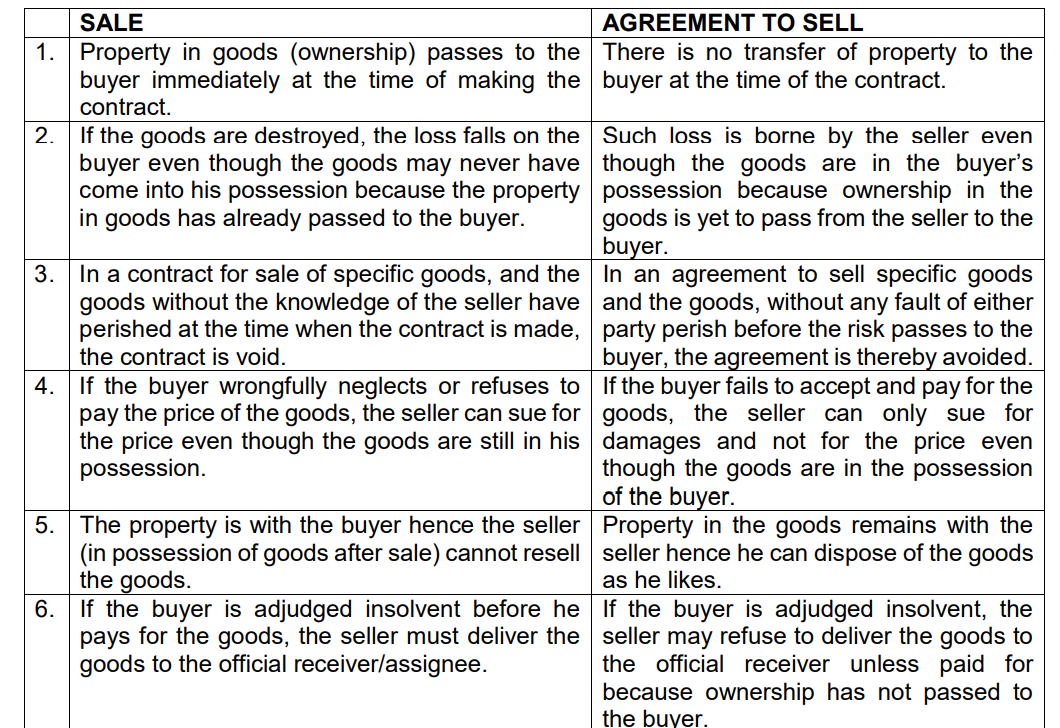Candidates continue to encounter difficulties in answering questions in this paper. It is a paper in which the candidate is required to have an above average ability for self expression and clarity both in the conceptualization and elucidation of his/her answers.
This is even more so in situations where the candidate is required to dissect facts, decipher their interconnectedness and present a well-argued and convincing conclusion. In order to improve their chances of success in this paper, candidates are highly encouraged to sharpen their proficiency in and deployment of the English language.
Some candidates did not perform well in the following questions:
Question No.3 which tested candidates on alternative dispute resolution mechanisms.
Candidates were unable to define the term “mediation”, highlight THREE principles of mediation and identify FIVE drawbacks of negotiation. Also, candidates had difficulties distinguishing between a “general agent” and a “special agent”.
In addition, candidates were not able to explain THREE criteria that a patent has to satisfy in order to qualify for
protection, in relation to intellectual property.
The expected responses were as follows:
Part (a)
1. Mediation:
Mediation is a process wherein the parties involved in a dispute meet with a mutually selected impartial and neutral person who assists them in negotiation of their differences.
2. Principles of mediation:
- Voluntary agreement to the process
- Impartiality
- Neutrality
- Confidentiality
3. Drawbacks of negotiation can be summarized as follows:
- Parties may not reach a settlement.
- There may be unequal bargaining power leading to dissatisfaction.
- Absence of a neutral party may lead one party to take advantage of the other.
- There are no mechanisms to compel any party to continue to negotiate.
- There is no guarantee of good faith.
Part (b)
A General agent is one who has a contractual authority to do particular acts or engage in a transaction in the ordinary course of his business.
Whereas;
A special agent is one whose authority is limited to doing some specified act or to represent the principal in a specific transaction not in the ordinary course of his business.
Part (c)
Criteria that a patent has to satisfy in order to qualify for protection
Novelty
This means that your invention must not have been made public before the date of the application for protection.
Inventive step
This means that your product or process must be an inventive solution. It cannot be a solution that would be obvious to a manufacturer.
Industrial applicability
This criterion implies that it must be possible to actually manufacture the new invention.
Question No.4 (c) in which candidates were not able to explain five differences between a “sale” and an “agreement to sell” in relation to sale of goods. The expected responses could be summarized as follows:


Question No. 7 (c) in which candidates were not able to explain THREE ways in which investigations could be carried out in relation to a public officer in the event that he/she contravenes the code of conduct for public officers.
The examiner expected the following responses:
- The responsible Commission for a public officer may investigate to determine whether the public officer has contravened the Code of Conduct and Ethics.
- An investigation may be made on the Commission’s own initiative pursuant to a complaint by any person.
- The Commission may refer a matter to another appropriate body for investigation and that body shall investigate the matter within a reasonable time and submit a report to the Commission on its findings. An investigation may be conducted even if the subject of the investigation has ceased to be a public officer.
